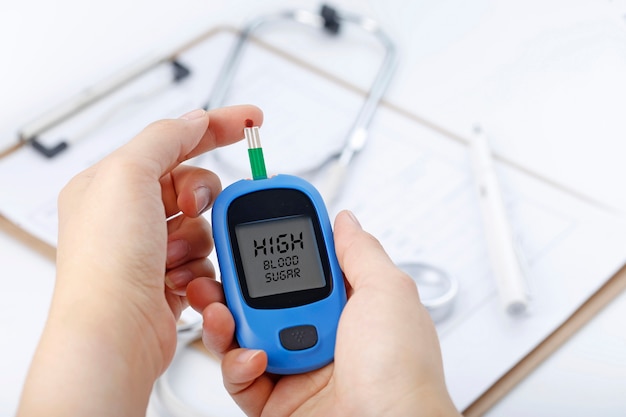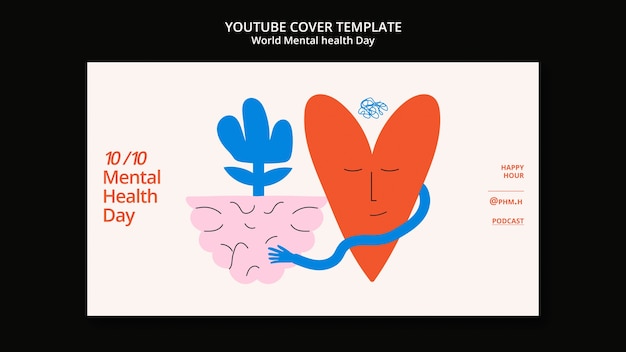Chronic stress affects millions, contributing to anxiety, poor sleep, and even long-term health issues. While many focus on mindfulness or medication, emerging evidence suggests that your diet—especially a low-carb approach—can play a powerful role in managing stress. By stabilizing blood sugar, reducing inflammation, and supporting brain health, a low-carb lifestyle offers more than weight management—it can be a key tool for mental resilience.
Fluctuating blood sugar levels can mimic or worsen anxiety symptoms—causing jitteriness, irritability, and fatigue. High-carb diets, especially those rich in refined sugars and processed grains, lead to rapid spikes and crashes in glucose, triggering stress hormones like cortisol and adrenaline. A low-carb approach helps maintain steady energy levels, reducing these hormonal fluctuations and supporting a calmer nervous system.
Additionally, low-carb diets are often rich in healthy fats and proteins, which support the production of neurotransmitters like serotonin and GABA—critical for mood regulation.

Skip the sugary cereal or toast. Instead, choose eggs, avocado, or Greek yogurt with nuts. Protein helps stabilize blood sugar and supports dopamine production, improving focus and mood.
Eating slowly and without screens activates the parasympathetic nervous system, reducing stress. Pair this with low-carb meals to enhance digestion and satisfaction.
Low-carb diets can lead to increased water loss. Dehydration worsens stress and fatigue. Add a pinch of sea salt to water or drink bone broth to maintain sodium, potassium, and magnesium levels.
Exercise lowers cortisol and boosts endorphins. A short walk, stretch, or bodyweight routine after a low-carb meal helps manage blood sugar and stress simultaneously.

Caffeine can spike cortisol. When paired with sugar, this effect intensifies. Opt for herbal tea or decaf with healthy fats like MCT oil to avoid energy crashes.
Fatty fish, walnuts, and chia seeds reduce brain inflammation and support cognitive function. These foods are naturally low in carbs and linked to lower anxiety levels.
Just 2–3 minutes of diaphragmatic breathing can activate the vagus nerve, lowering heart rate and stress. Do this after lunch or dinner to improve digestion and relaxation.
Heavy carb intake at night can disrupt sleep. A balanced low-carb dinner with protein and vegetables supports melatonin production and deeper rest.
Time-restricted eating can improve insulin sensitivity and reduce oxidative stress. Start with a 12-hour fast (e.g., 7 PM to 7 AM) and observe how your mood responds.
Almonds, pumpkin seeds, and macadamias offer magnesium and healthy fats—both linked to reduced anxiety. They’re satisfying and help avoid blood sugar swings.
A walk in the park with a water bottle and a handful of nuts combines stress-reducing nature exposure with stable energy—no sugary bars needed.
Use a simple journal to note meals, stress levels, and sleep. Over time, you may notice patterns—like fewer anxiety spikes on lower-carb days.
Alcohol disrupts sleep and increases cortisol. Many alcoholic drinks are high in carbs. Opt for low-carb alternatives like dry wine or spirits with soda water—moderately.
Take 60 seconds after dinner to reflect on three positive things. This mindfulness habit, paired with stable blood sugar, enhances emotional regulation.
Stress often spikes when meals feel complicated. Stock eggs, canned fish, leafy greens, olive oil, and spices. Quick, nutritious meals become effortless.

Reducing stress doesn’t require drastic changes. By combining simple, evidence-based habits with a low-carb approach, you can support both your metabolic and mental health. These small routines—like mindful eating, breathing, and smart food choices—add up to significant improvements in daily calm and focus.
Start with one or two habits, track how you feel, and build from there. Over time, you may find that a stable mind begins with a stable blood sugar level.

Wellness

Wellness

Wellness

Wellness

Health

Health

Health

Health

Health

Health

Health

Health

Health

Fitness

Health

Health